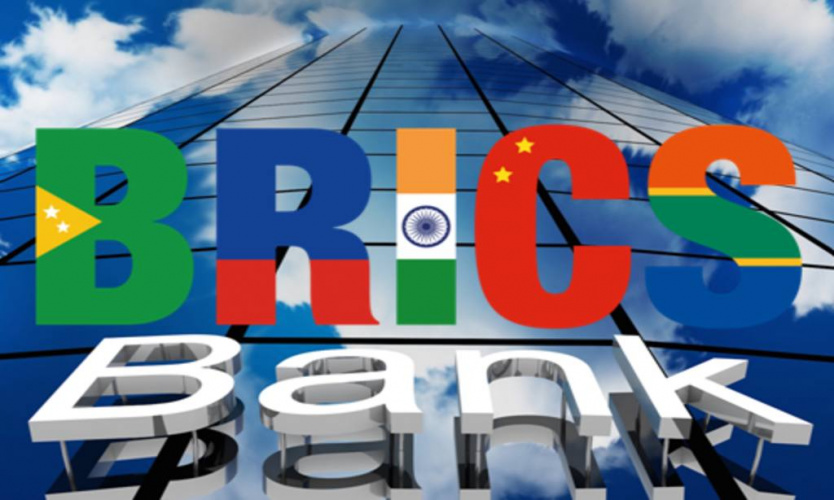Uzbekistan Set to Join the BRICS New Development Bank

The President of the Republic of Uzbekistan, Shavkat Mirziyoyev, met with Dilma Rousseff, President of the BRICS New Development Bank (NDB) to discuss the country’s accession to the BRICS New Development Bank (NDB). According to Uzbekistan’s presidential press-service, the Board of Governors of the NDB has already granted its preliminary approval to Uzbekistan’s accession to the Bank, with the NDB portfolio of potential projects for Uzbekistan estimated at USD 5 bn. Some of the priorities for investment projects outlined by Uzbekistan’s President Mirziyoyev included the implementation of large regional infrastructure projects as well as “the modernization of irrigation systems, development of the mineral resource base, support for private business, and the launch of public-private partnership projects in education and infrastructure”.
Uzbekistan is yet another important regional economy that is set to join the ranks of NDB members after the recent announcement of Algeria’s membership and discussions on Colombia’s plans to join the Bank. In May 2025 Algeria has officially become a new member country of the New Development Bank (NDB). Like Colombia in South America, Algeria is one of the key economic powers in its continent – it leads Africa in terms of the size of its territory, it is one of the leaders in the continent in terms of the number of countries with which it shares a land border (DRC is the leader with 9), it is in the top 10 in the continent in terms of population and like Colombia in South America, it is third in its continent in terms of the size of GDP. In the case of Uzbekistan, this is the most populous economy in Central Asia that plays a crucial role in the regional integration and economic cooperation initiatives (it borders the greatest number of countries in the region of Central Asia).
For Uzbekistan, the accession to BRICS NDB is a further step towards reinforcing the country’s economic cooperation with the BRICS bloc after this Central Asian economy became part of the BRICS partnership belt in the beginning of 2025. Earlier this year Uzbekistan also joined the Eurasian Development Bank (EDB) as a full-fledged member, signaling greater involvement in the regional economic cooperation in Central Asia and Eurasia. The accession of Uzbekistan to both the BRICS NDB and the Eurasian Development Bank would be an important factor facilitating the financing of investment projects in the country as both development institutions have extensive experience in co-financing development projects in the Eurasian space. At the same time, Uzbekistan is still not a member of the World Trade Organization (WTO) – this is despite the fact that the country would greatly benefit from integration into the world economy and international markets in view of the country’s uniquely landlocked geography.
In particular, Uzbekistan is one of the very few economies in the world that is separated from oceanic coastlines not by one but two economies – it is termed as being doubly landlocked given that it is surrounded by landlocked economies. Hence the need for regional economic integration and the attainment of membership in international development institutions and international organizations as a way of overcoming the high effective distances to the main trade routes. With global institutions such as the WTO being slow in granting Uzbekistan full membership, it is the BRICS grouping and the BRICS NDB that are becoming the key platforms for the greater integration of Uzbekistan into the world economy.
Overall, the rising intensity of the newsflow concerning new potential members of BRICS NDB points to greater activism of the BRICS institution in reaching its stated goals of broadening its membership to include more partners of BRICS+ economies from the Global South. Greater membership will increase the Bank’s capital further and expand the scope for regional connectivity projects that are so critical for the landlocked economies of Central Asia.


